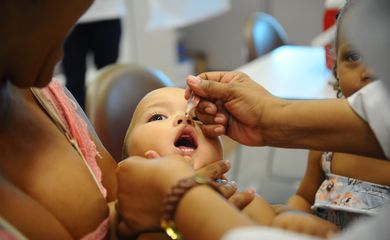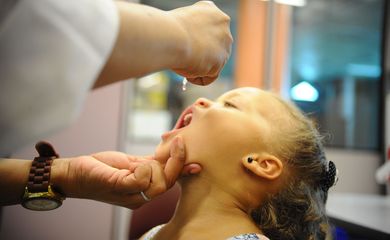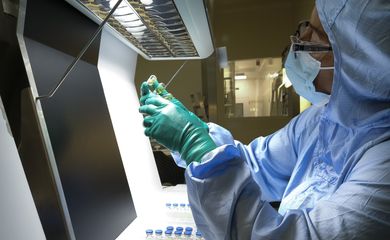Brazil still imports 90% of raw materials for vaccines, medicines

A technical note from nonprofit Oxfam Brasil casts light on Brazil’s lack of self-sufficiency in vaccine production. According to the document, entitled Capacidade de Produção de Vacinas no Brasil (“Vaccine Production Capacity in Brazil”), published Wednesday (Oct. 25), Brazil imports 90 percent of the raw materials used to make vaccines and medicines and 50 percent to manufacture medical equipment.

The note points out, however, that Brazil has leading institutions in vaccine production, such as Fiocruz’s Bio-Manguinhos Institute and the Butantan Institute, the world’s tenth largest vaccine maker.
“However, the country is far from being self-sufficient. While China has more than a thousand factories producing IFA24 [the raw material for vaccines], in Brazil this number comes near 15,” the document reads.
The text highlights that Brazil’s public health care system SUS is overloaded, with approximately half a million people waiting in line for elective procedures, and warns that the country needs to prepare for new demands in the future, like new outbreaks of infectious diseases.
“Vaccination has greatly reduced COVID-19 infections, but experts fear new outbreaks and warn of the danger of reduced demand for booster doses. At the same time, there is a need to prepare the health care network for future events that could pressure the demand for care, like the aging of the population expected in the coming decades, as well as climate change.”





